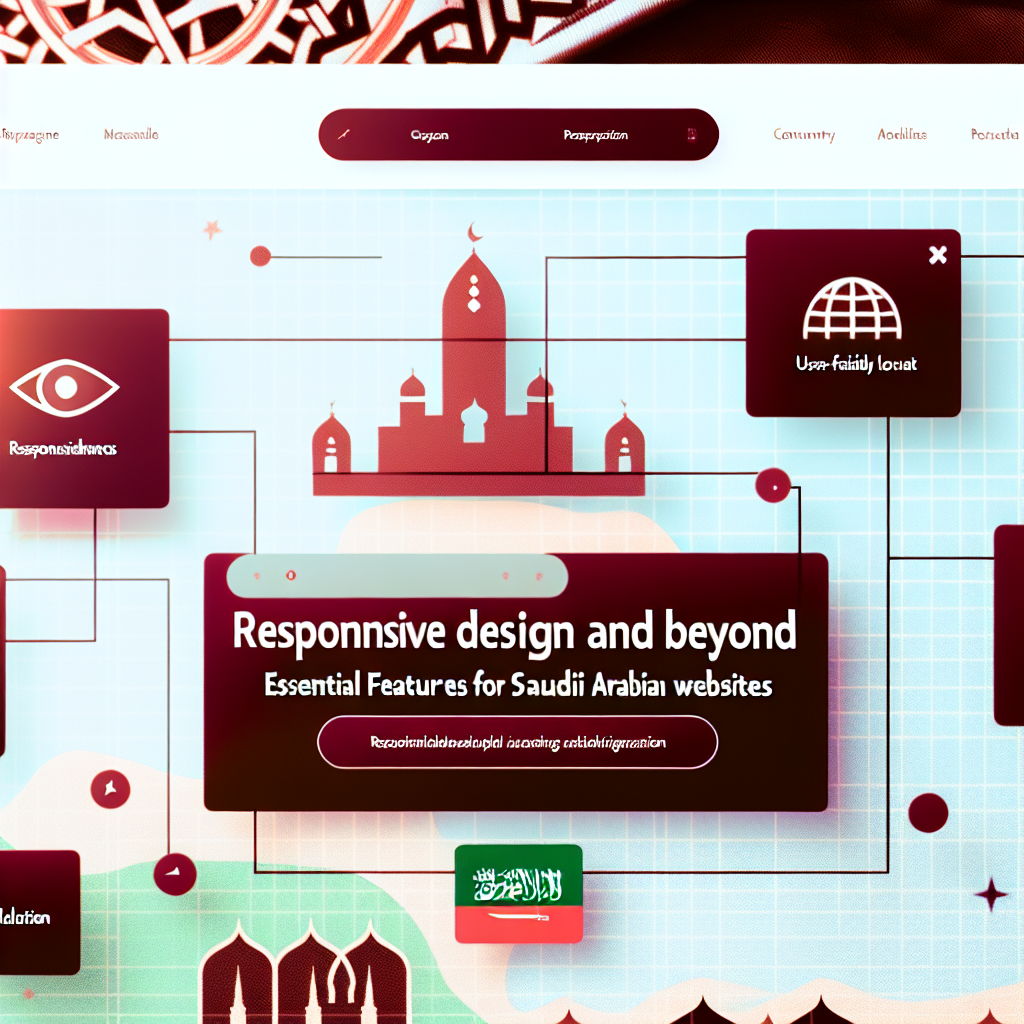Essential Features for Saudi Arabian Websites
Introduction
In today’s digital landscape, having a responsive website is more than just a trend—it’s a necessity, especially in rapidly evolving markets like Saudi Arabia. With increasing internet penetration and smartphone usage, businesses must focus on creating websites that offer seamless experiences across all devices.
The Importance of Responsive Design
Responsive design ensures that a website adjusts its layout and content to fit any screen size, providing a user-friendly experience whether on mobile phones, tablets, or desktops.
- Improved user engagement and satisfaction.
- Increased visibility on search engines.
- Cost-effective maintenance by having a single site for all devices.
Essential Features for Saudi Arabian Websites
1. Multi-Language Support
Saudi Arabia is a diverse nation, with Arabic as the primary language. Offering content in both Arabic and English caters to a wider audience, enhancing user experience.
2. Localized Content
Developing content that resonates culturally with local users is crucial. This involves considering local traditions, values, and even holidays in the website’s content and design.
3. Fast Loading Speeds
With the high mobile usage rate in Saudi Arabia, websites must load quickly. This can be achieved through optimized images, reduced redirects, and a clean codebase.
4. Mobile Optimization
Given that a significant portion of users access the internet via mobile devices, optimizing touch interactions and ensuring easy navigation is paramount.
5. Security Features
With increasing online transactions, robust security measures, including SSL certificates and data encryption, are essential for building user trust.
Beyond Responsive Design: Future Considerations
While responsive design is crucial, looking beyond it can provide further advantages:
- Accessibility: Make sure your website is usable for individuals with disabilities.
- SEO Optimization: Consider local SEO strategies to enhance visibility in search engines.
- Advanced Analytics: Implement tracking and analytics tools to better understand user behavior and adjust accordingly.

